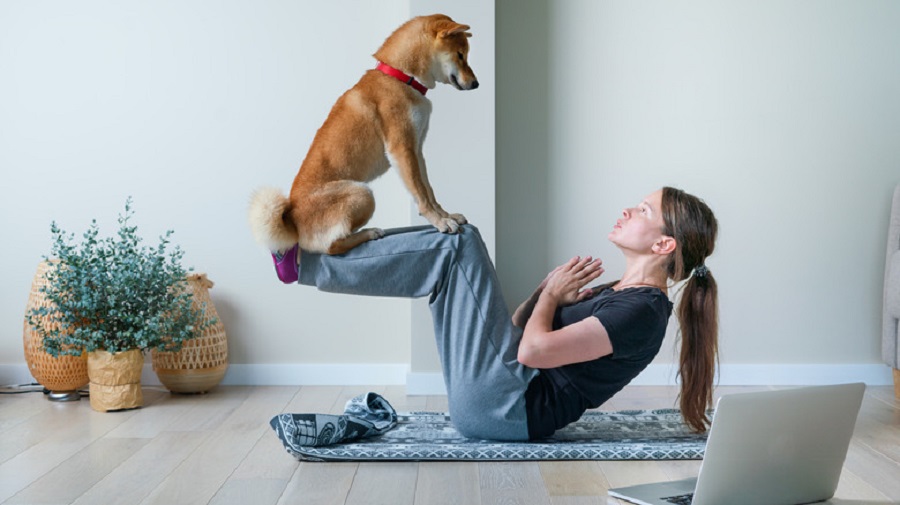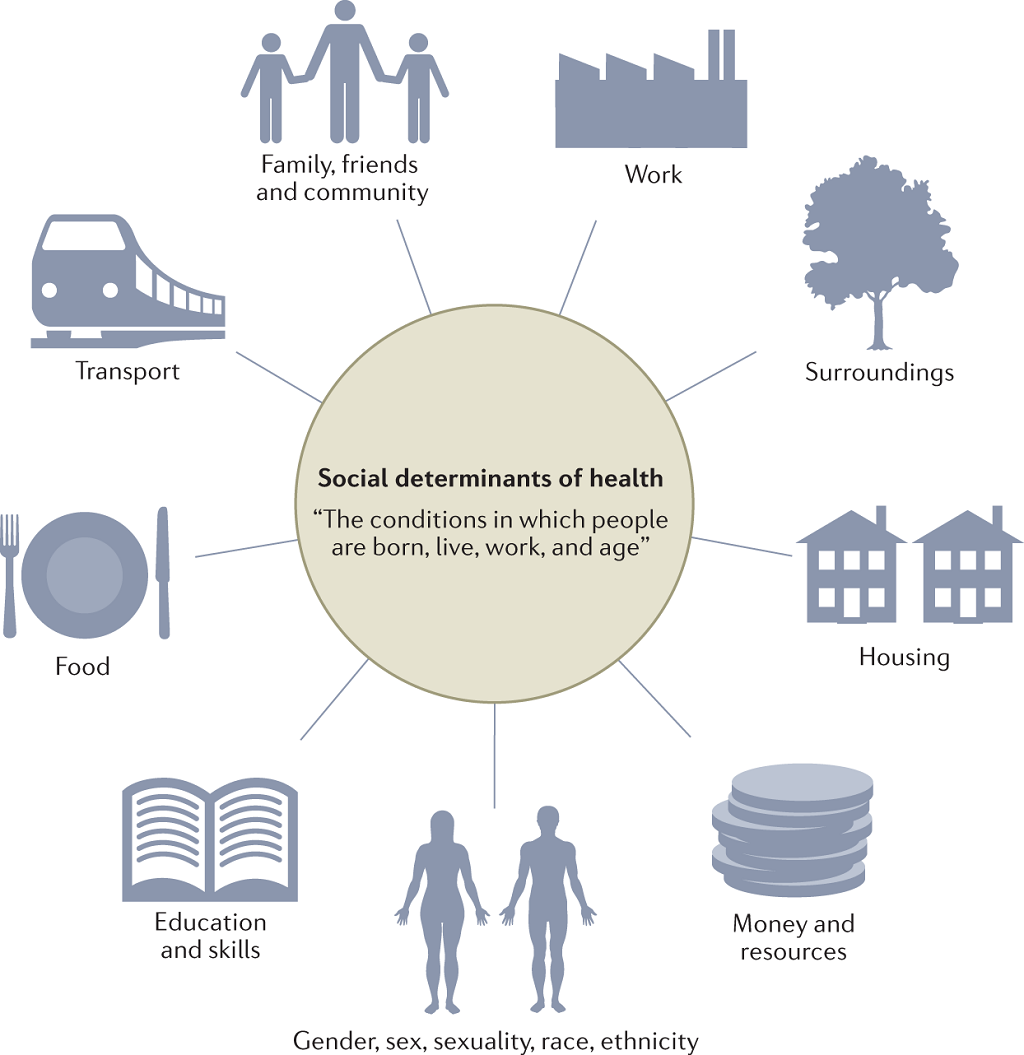Do you struggle to find the time to exercise? Are you looking for ways to incorporate physical activity into your daily routine without having to carve out extra time in your day? If so, you might want to consider the benefits of incidental exercise.
In this article, we’ll explore what incidental exercise is, its benefits for your health and wellbeing, and some simple ways to incorporate it into your daily routine.
What is Incidental Exercise?
Incidental exercise, also known as non-exercise activity thermogenesis (NEAT), refers to the physical activity that occurs during our daily activities, such as walking to work, taking the stairs, doing household chores, or even fidgeting. It’s the kind of movement that we don’t necessarily think of as exercise but can still have significant health benefits.

Unlike structured exercise, which is often time-bound and requires specific equipment or locations, incidental exercise is easy to incorporate into our daily routines. It doesn’t require any special planning or preparation, making it an ideal solution for those who struggle to find the time or motivation to exercise regularly.
The Benefits of Incidental Exercise
Incorporating more incidental exercise into your daily routine can have a range of benefits for your health and wellbeing. Here are some of the most significant benefits:
Improved Physical Health
Regular physical activity has been shown to reduce the risk of chronic diseases such as heart disease, stroke, and type 2 diabetes. Incidental exercise can help you meet the recommended daily physical activity guidelines of 150 minutes per week and contribute to your overall physical health.
Increased Energy Levels
Regular physical activity has been shown to increase energy levels and reduce fatigue. Incidental exercise can help you feel more alert and focused throughout the day, improving your productivity and mood.
Better Weight Management
Incorporating more movement into your daily routine can help you burn more calories and maintain a healthy weight. Studies have shown that people who engage in more incidental exercise tend to have lower body mass index (BMI) and less body fat than those who are sedentary.
Improved Mental Health
Regular physical activity has been linked to improved mental health outcomes, including reduced symptoms of anxiety and depression. Incidental exercise can also help you manage stress and improve your overall mood.
Improved Quality of Life
Incorporating more movement into your daily routine can improve your overall quality of life by reducing your risk of chronic diseases, increasing your energy levels, and improving your mental health.
Simple Ways to Incorporate Incidental Exercise Into Your Daily Routine
Incorporating more incidental exercise into your daily routine doesn’t have to be difficult or time-consuming. Here are some simple ways to get started:
Take the Stairs
Instead of taking the elevator, opt for the stairs whenever possible. This can help you get your heart rate up and burn some extra calories.
Walk or Bike to Work
If you live close enough to work, consider walking or biking instead of driving. This can help you get some fresh air and exercise while also reducing your carbon footprint.
Stand Up and Move Around Every Hour
If you work at a desk job, make sure to stand up and move around every hour. This can help you avoid the negative health effects of prolonged sitting.
Do Chores Around the House
Instead of outsourcing your household chores, try to do them yourself. Cleaning, gardening, and other household activities can help you get some extra physical activity.
Take Walking Breaks
Instead of taking a coffee break, take a quick walking break instead. This can help you get some extra movement and clear your head.
Conclusion
Remember, incidental exercise doesn’t have to be complicated or time-consuming. It’s all about finding small ways to move more throughout the day. By doing so, you’ll be taking a positive step towards better health and wellbeing.





